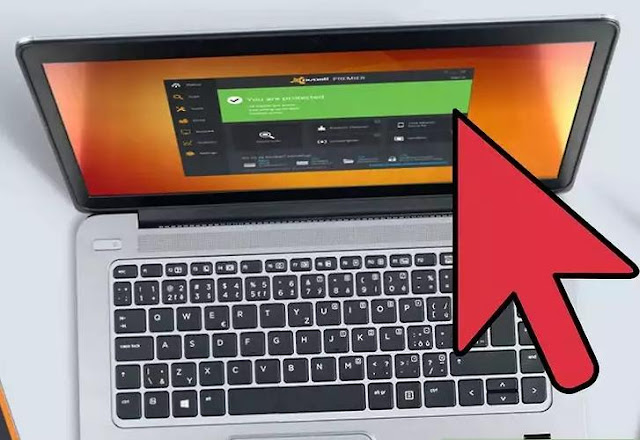Technology is the fastest growing field right now and there's no sign of stopping anytime soon. Being a tech savvy is not an impossible task, but it is definitely required time and energy to master the basic. No matter what your reason is for wanting to become tech savvy (not geek per se), a self-assessment is always a good way to start. If you know the make up of a computer inside out; you can read the specifications of a CPU, RAM, Hard Drive, SSD and understand them; you are skilled at navigating your way through Windows operating systems, Mac OS X, Linux; you’re done any programming such C/C++, C#, Java, Python, or web programming like HTML5, CSS, JavaScript, PHP, and MySql; then chances are you are not a beginner. Whether you are a beginner or not, becoming savvy with technology requires enthusiasm and a lot of dedication. The following steps are ways you can begin this exciting adventure.
Steps
1. Use Google. Google is your friend. If you have a question about something or need to research a certain topic, search using Google.
2. Find info about Computers. Find info about computers. Info can be in E-books, on websites, or even in books you can find at your local library. As it says in the last tip use Google to find them. Also you might want to use Usenet to find some info about computers.
3. Be knowledgeable in many fields. For example, you may never need or want to pick up a digital camera or be able to answer questions about it but it is worth your while to get an understanding of what a digital camera is because it increases your know-how. Everything you learn will come in handy at some point in your life.
4. Become an expert. What is something technology-related that interests you and that you enjoy? Say it's blogging using Wordpress; research the topic and get to know how to use things first hand.
5. Learn how to treat computer Viruses, Spyware, and And learn how to avoid Malware. Some great Anti-Virus/Spyware programs are Avast, Malwarebytes, Spybot, AVG, and Spyhunter. There are many Anti-Virus/Spyware programs out there, and some are free.
6. Learn How to Program. Programming is one of the most important skills in technology, if no one could program there would be no world wide web or even Windows! We wouldn't even have video games, Mp3 players, or just about anything else electronic. (We would still have lights, of course.) Some programming languages are Python (Recommended for beginners), C, C++, C#, Java and PHP. You can learn some programming at websites all over the web. If you want to start programming, try HTML. There are some very nice tutorials at http://www.w3schools.com/
7. Use a Unix or Linux The Unix family of operating systems are very common with some of the most tech savvy people in the world. This family of operating systems is free, in there price and you are free to view the source code used in them. In these families of operating systems there is also better programming tools and better technical tools than what you can find on windows. An easy distribution of Linux for people who are new to Linux is the Ubuntu Linux Distribution, It can be found at http://www.ubuntu.com
8. Join an online community of other tech gurus and don't be afraid to ask questions.
9. Run scientific and technical conversations with your expert colleagues in work, school, etc. this way, you can get face-to-face knowledge or a wonderful jump start putting you in the right way.


 22:54
22:54
 Unknown
Unknown











0 comments:
Post a Comment